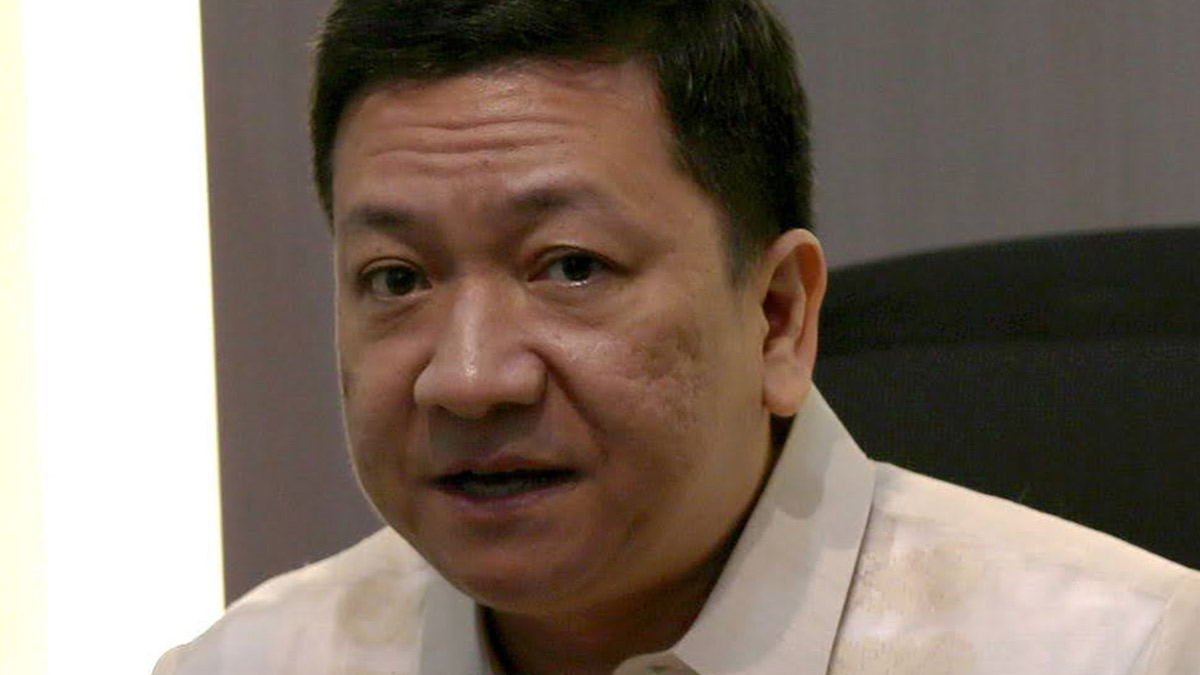PH right not to let US join in West Philippine Sea resupply mission – NSC

Jonathan Malaya
MANILA, Philippines — The Philippines made the right decision not to heed the United States’ offer of assistance in its resupply missions in the West Philippine Sea, a National Security Council (NSC) official said on Friday.
Washington recently made the offer to escort Manila’s ships during its resupply mission to BRP Sierra Madre, its grounded naval outpost in Ayungin (Second Thomas) Shoal, following Beijing’s aggressive moves.
“We appreciate the offer of the United States to escort our resupply missions, and we have a very good relationship with the United States and we understand why they are making that offer,” said NSC spokesperson Jonathan Malaya during the Manila Dialogue of the South China Sea held in Taguig City.
“However, it was the decision of the Philippine government to keep all of our resupply missions, especially for Ayungin Shoal, done by Philippine vessels, manned by Philippine crew, and under Philippine supervision. And I think we were proven right,” Malaya further said.
The most violent incident during BRP Sierra Madre’s resupply so far occurred last June 17, which resulted in one Navy personnel losing his finger.
READ: Sailor whose thumb got cut off in Ayungin mission wants to return to duty
Beijing’s actions are based on its assertion of sovereignty over almost the entire South China Sea — including most of the West Philippine Sea — as it continues to reject the July 2016 Arbitral Award, which effectively dismissed its claims and ruled strongly in favor of Manila.
This incident prompted another Bilateral Consultation Mechanism (BCM) between Manila and Beijing, which Malaya said led to a “critical understanding” between two nations.
“The BCM between the Philippines and China led to a critical understanding, and this understanding, fortunately up to now, still holds,” Malaya said.
“We are very positive that in the next missions, it will hold. So it is possible for the Philippines, without superpower help, to be able to settle some of these issues. Of course, not all, but some of these issues,” he continued.
Malaya also noted that bringing Washington’s forces would be seen as a provocative move.
“The Philippine government took the right track because bringing in the United States in these resupply missions, I think, will be seen as a provocative action … and will really escalate issues with the People’s Republic of China,” he said.
In August, US Indo-Pacific Command chief Adm. Samuel Paparo Jr. said that Washington’s offer of escorting Manila’s ships was “an entirely reasonable option” with the Mutual Defense Treaty (MDT).
READ: Brawner happy about US’ help in West Philippine Sea ops
The MDT is a treaty between Manila and Washington which calls for each other’s defense in case of an armed attack.
Articles IV and V of the MDT states that an armed attack in the Pacific, including anywhere in the South China Sea, on either of Manila and Washington’s public vessels, aircraft, or armed forces, including their coast guards, would invoke mutual defense commitments.
However, the term “armed attack” was not clearly defined in the treaty.
But Paparo then noted that the term “armed attack” was “a diplomatic definition but not necessarily a legal definition.”
For comprehensive coverage, in-depth analysis, visit our special page for West Philippine Sea updates. Stay informed with articles, videos, and expert opinions.


















